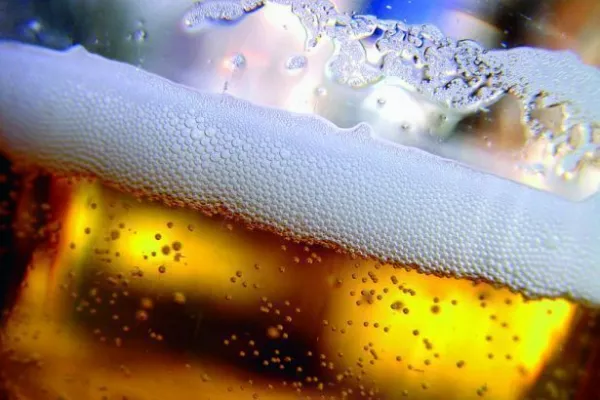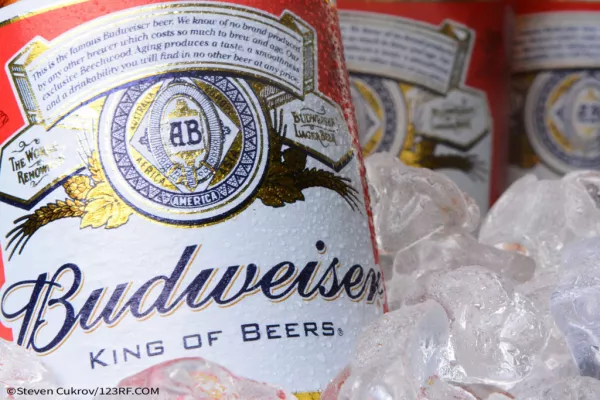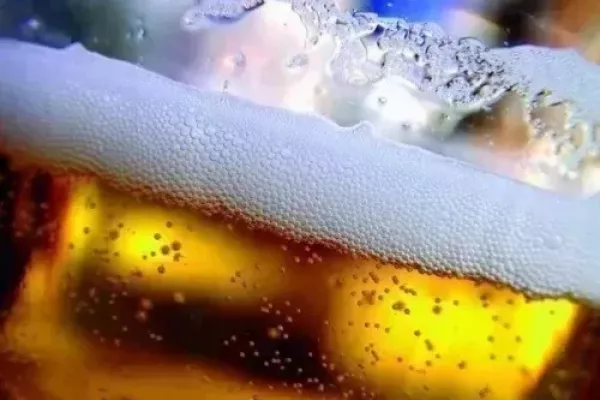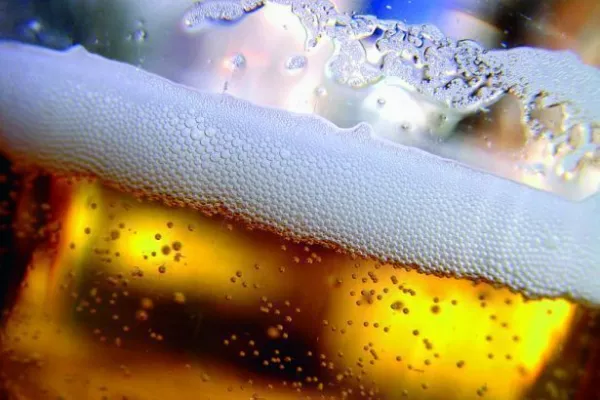Smoked beer—Rauchbier in German—traditionally acquires its particular flavor from heating malted barley over an open fire, though craft brewers these days are finding many ways of imparting a smokiness in their brews. Often evocative of bacon, bonfires, and/or whisky, it’s one of the more divisive genres of beer out there.
Here are seven eclectic examples to try. All achieve smokiness in different ways, and all with excellent results.
De Molen — Rook & Vuur
Brewery/distillery/restaurant Brouwerij De Molen, run out of a 1697-era windmill in Bodegraven, Netherlands, churns out some of Europe’s very best beastly big beers. Rook & Vuur (Smoke & Fire) is one of brewer-owner Menno Olivier’s several smoky offerings. It's a dark ale with smoked malt, and the addition of chilies brings a heat appropriate to the beer’s name, with the overall effect quite redolent..
Against the Grain / De Molen — Bo & Luke
Southern provocateurs Against the Grain paired with De Molen for this 13 percent ABV imperial stout, conceptualized as a Dukes of Hazard tribute. The ingredients found in bourbon—barley, rye, corn—get smoked with cherrywood prior to being used in this massive beer, which is transferred to oak barrels for maturation after fermentation (the first batch rested in Pappy Van Winkle bourbon barrels specifically). It's a Kentucky breakfast in liquid form, with such flavors as bacon, coffee, and whiskey.
Jester King — Gotlandsdricka
Beers from bucolic Texas farmhouse brewery Jester King draw as much inspiration from beer’s history as the natural landscape surrounding them. For Gotlandsdricka, “Drink of the Land of Goths,” the goal was to produce a beer akin to what ancient Vikings must have imbibed but made with some of modern brewing’s “cleaner” strengths (stainless steel, temperature control, etc.). Unfiltered, unpasteurized, and naturally carbonated, it's brewed with birchwood smoked malt, juniper, sweet gale, and rye for a beautifully drinkable, smoky-sour time machine.
Le Baladin — Xyauyù Fumé
There is no beer quite like Baladin’s Xyauyù barleywine. With the strength of a fortified wine and bottled flat after an oxidative maturation, like sherry, all of its variants are truly genre-blurring. Fumé is one of the best. Initially produced with smoky Chinese Lapsang Suchong tea, recent batches have been getting their smoke character from time spent aging in peat-heavy Scotch whisky barrels, which yields a sweet, umami-rich, and yes, terrifically smoky profile.
Mikkeller — Beer Geek Bacon
Danish gypsy-brewer Mikkeller’s breakout recipe was the Beer Geek Breakfast oatmeal stout brewed with coffee. This later tweak utilizes smoked malt in the mash bill to bring some bacon notes to the breakfast table. The results are delicious, begging to be consumed in the a.m. A recent batch from Mikkeller’s new San Diego brewing facility was aged in barrels that held maple syrup after housing bourbon for even more breakfast cred.
Brauerei Heller — Aecht Schlenkerla Rauchbier Märzen
The archetypal and quintessential smoked lager, from Bamberg’s legendary Schlenkerla brewpub. Unpasteurized and bottom-fermented exclusively from smoked malt, the charred flavor imparted by beechwood is a smoked meat flavor bomb that plays off the brew's sweet maltiness in an utterly symphonic manner. (While the Märzen—and the rest of Schlenkerla’s lineup, for that matter—is a deep pleasure in any format, poured straight from a wooden cask at the pub itself is a truly transcendent experience.)
Brasserie Dupont — Triomfbier Vooruit
Belgium’s Brasserie Dupont is arguably the standard-bearer for traditional saison, rustic farmhouse ales. In 2013, Vooruit Arts' Centre of Ghent commissioned Dupont to brew a commemorative beer in honor of the center's 100th anniversary. Now a regular in the brewery’s portfolio, the 100 percent organic amber-hued beer has its signature farm-y funk, quenching citrus acidity, and an earthy smokiness courtesy of Scottish peat whisky malt.
News by Bloomberg, edited by Hospitality Ireland









